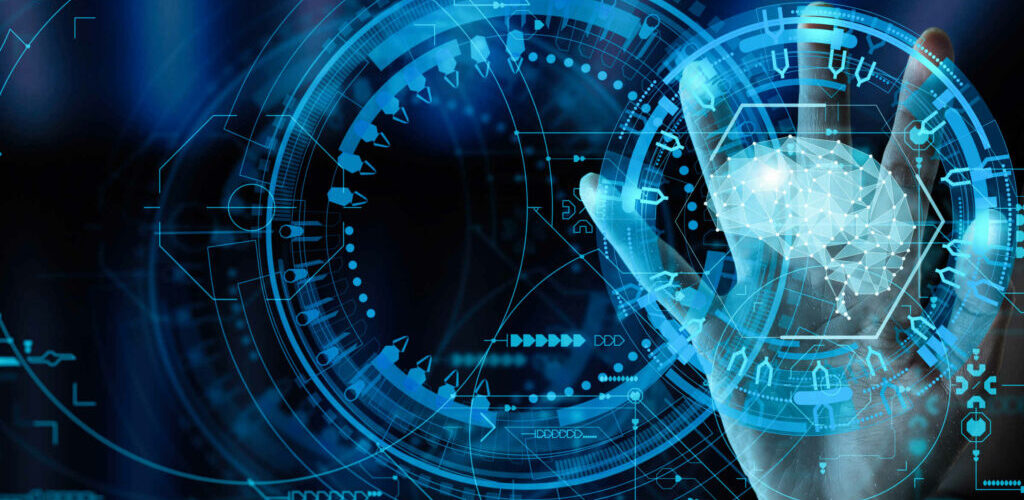
In recent years, Artificial Intelligence (AI) has revolutionized numerous industries, driving innovation and efficiency across various domains. One area that has witnessed significant advancements through AI is software development, particularly in the field of code generation. As the demand for faster and more reliable software solutions grows, developers and researchers are turning to AI-driven approaches to streamline the process of writing, optimizing, and maintaining code.
Code generation involves the automatic creation of source code or machine code based on specific requirements or tasks. Traditionally, developers have relied on manual coding, which can be time-consuming, error-prone, and resource-intensive. However, the emergence of AI technologies, such as natural language processing, machine learning, and neural networks, has paved the way for a new era of code generation that holds immense promise.
In this exploration, we delve into the fascinating realm of AI-driven code generation and the potential it holds for shaping the future of software development. From aiding programmers in generating code snippets to automating complex algorithms, the integration of AI in code generation promises to unleash a host of benefits.
- Improving Developer Productivity: With AI-assisted code generation tools, developers can dramatically enhance their productivity. AI models can quickly analyze vast code repositories, extract patterns, and suggest relevant code segments for specific tasks. By eliminating repetitive and mundane coding tasks, developers can focus on higher-level problem-solving and architecture design.
- Accelerating Software Development: The iterative nature of traditional coding can cause delays in project timelines. AI-powered code generation can significantly speed up the development process by generating functional code quickly. This acceleration can lead to faster prototyping, reduced time to market, and increased software delivery rates.
- Enhancing Code Quality: Human errors are inherent in manual coding, leading to potential vulnerabilities and bugs in software. AI algorithms, when properly trained, can generate reliable and optimized code that adheres to best practices and coding standards. This can lead to more robust and secure applications.
- Democratizing Software Development: AI-driven code generation has the potential to democratize software development by making it more accessible to individuals with limited programming experience. With user-friendly AI tools, even non-programmers can create basic applications and automate tasks, opening up new possibilities for innovation.
- Facilitating Collaboration: AI-powered code generation tools can assist in bridging communication gaps between developers and domain experts. By converting natural language requirements into code, these tools enable smoother collaboration and understanding between technical and non-technical stakeholders.
- Continuous Learning and Improvement: AI algorithms can continuously learn from new code contributions and updates, becoming increasingly adept at generating efficient and up-to-date code. This self-improvement capability ensures that code generation tools stay relevant and aligned with the latest coding practices.
However, with these opportunities come challenges, such as ethical considerations, data privacy, and ensuring that AI-generated code is reliable and secure. As we venture into this exciting future, it is crucial to strike a balance between harnessing the power of AI and maintaining the human touch in software development.
In the subsequent articles, we will delve deeper into the various AI models and techniques used in code generation, real-world applications, potential limitations, and the ethical implications of relying heavily on AI in this critical domain. Ultimately, we believe that exploring the future of code generation with AI will unlock new possibilities, redefine software development practices, and empower developers to create innovative solutions that shape the world of technology.
Conclusion
The journey of exploring the future of code generation with AI is an ongoing one. As AI technologies advance and become more sophisticated, we can expect even more innovative applications, improved accuracy in code generation, and new possibilities in software development.
In conclusion, by embracing the potential of AI in code generation while remaining vigilant about ethical considerations, we can usher in an era of more efficient, reliable, and inclusive software development that enriches lives, drives progress, and shapes the digital landscape for generations to come. As developers, researchers, and stakeholders, let us collaborate responsibly to harness the full potential of AI in automating programming and pave the way for a brighter technological future.

Post a Comment